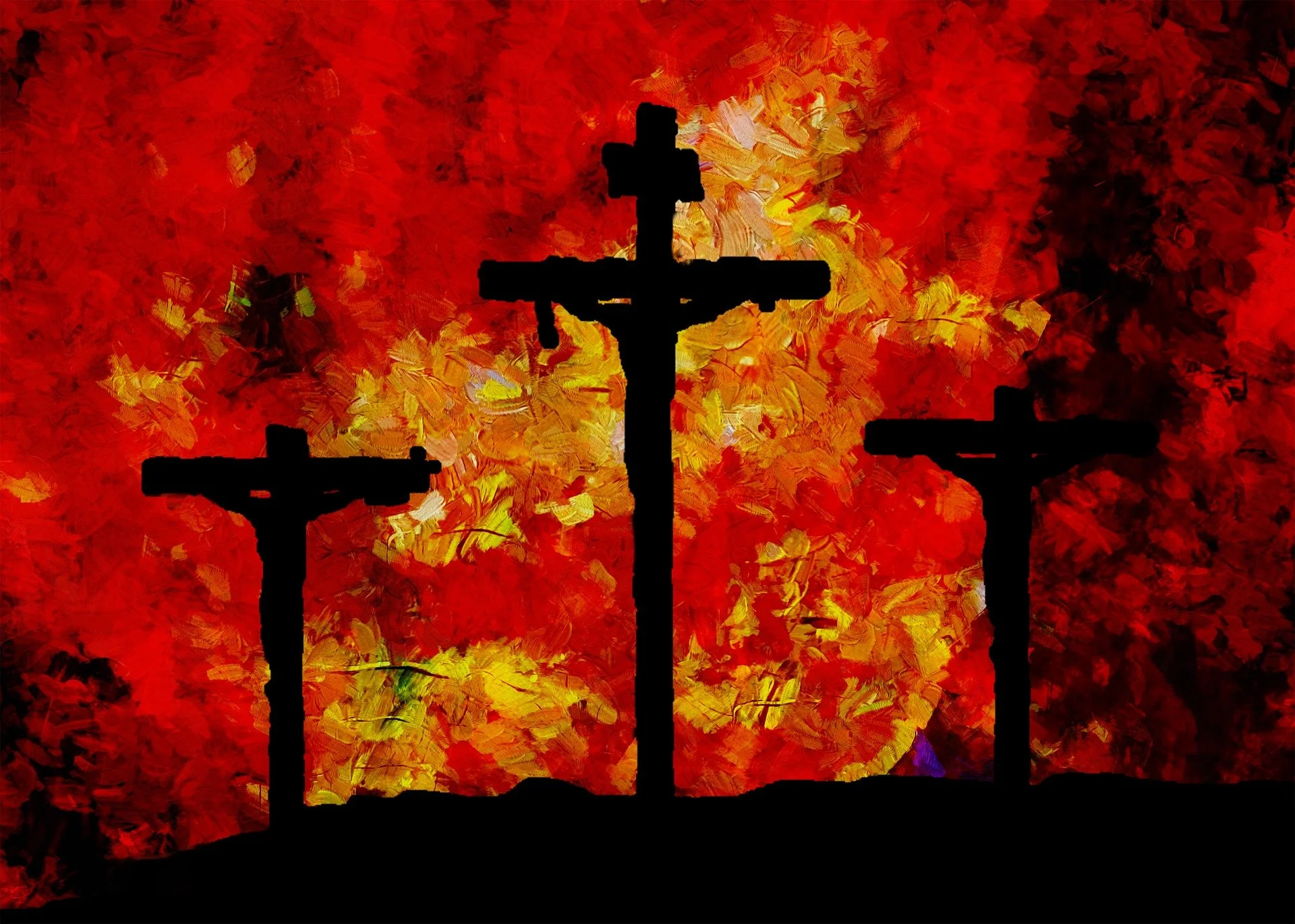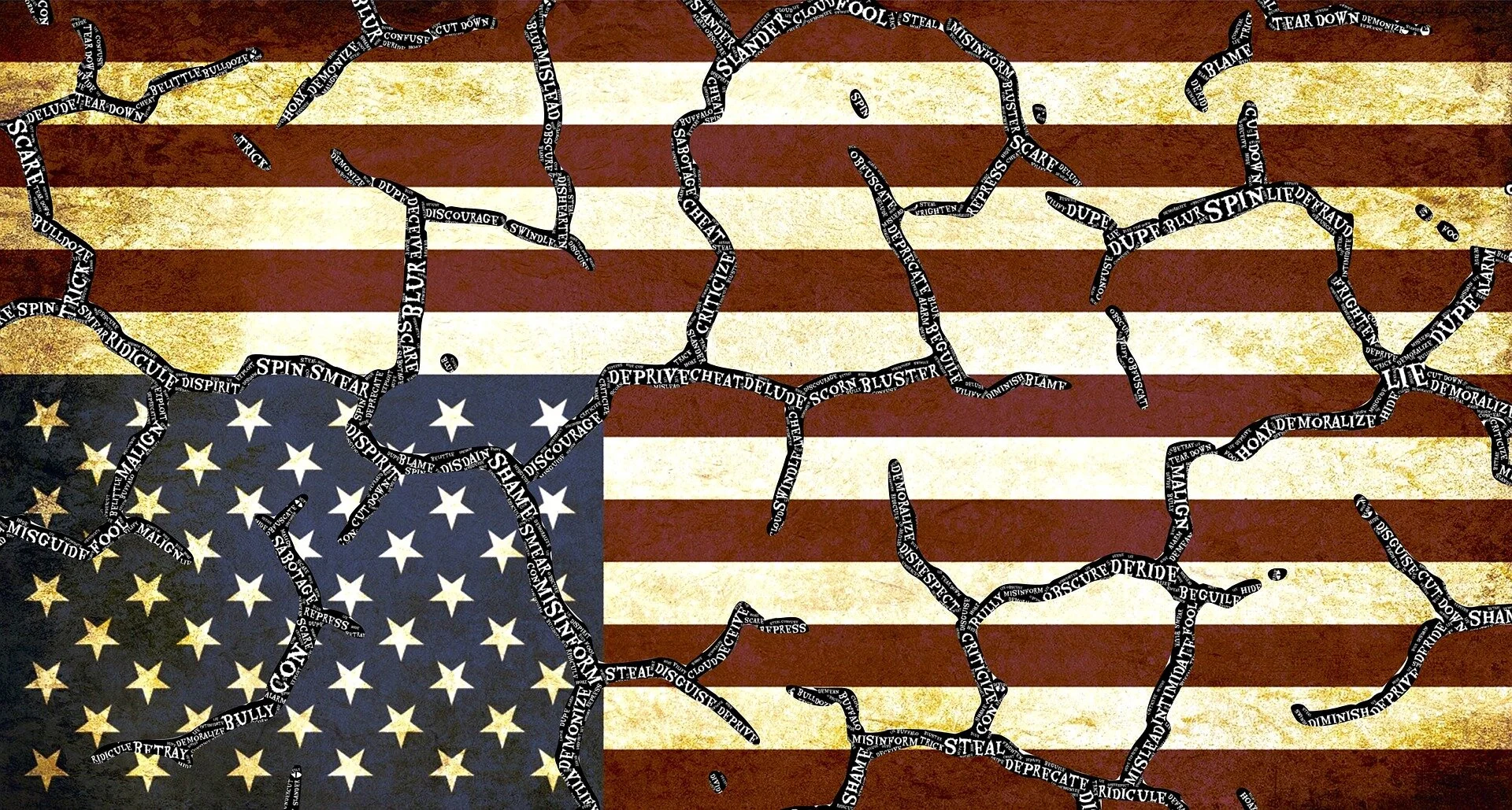Mulling It Over: Romans 8:35-36
This month we are going to look at Romans 8:35-36. Last time we looked at two questions that needed to be answered. Here we find one more question written in two ways, that begs a response.
“35 Who will separate us from the love of Christ? Will tribulation, or distress, or persecution, or famine, or nakedness, or peril, or sword?
36 Just as it is written,
’For Your sake we are being put to death all day long;
We were considered as sheep to be slaughtered.’””
As we learned in the last installment we are God’s elect, and as such there is no one who can bring a charge against us. Only God has the right to judge, because he is the only one who can do it with purity and without prejudice.
We also learned that while the world condemns, for those who are in Christ Jesus there is no condemnation. He is the one who died, who was raised from the dead, who sits at God’s right hand and who intercedes for us.
With this knowledge we are now faced with the most important questions of all: Who will separate us from Christ? Will tribulation, distress, persecution, famine, nakedness, peril or sword? This list Paul gives is meant to be inclusive of whatever trial or tribulation a Christian might find themselves in. Many of us have never known persecution, famine, nakedness, peril or sword, but that doesn’t mean we never will. The world is becoming more under the influence of our shadowed enemy and he regularly does all that he can to make us feel separated from our precious Savior’s love and care. However, that is all he can do.
These questions are followed by a description from Psalm 44:22. What does this mean, and why does it follow these questions? Our knowledge and understanding of the Old Testament remind us that as God’s people we will suffer. Christ, Himself, said, “…in this world you will have tribulation, but take heart I have overcome the world.” (John 16:33)
The phrase, “For Your sake we are being put to death all day long…” was part of a Maskil written by the Sons of Korah. A Maskil was a contemplative, didactic (meant to teach), and skillful psalm. In other words it was not written off the cuff, or in response to a difficulty being experienced. Many of David’s psalms are wholehearted emotional songs both of praise and thanksgiving or of discouragement and despair. This psalm was thought through and had the purpose of teaching us, not only about God, but about our struggle to find Him when we are suffering.
Let’s look a little more closely at this psalm.
“O God, we have heard with our ears,
Our fathers have told us
The work that You did in their days,
In the days of old.”
Image by Robin Higgins from Pixabay
As the psalm begins the author(s) remember what they have learned from their forefathers. They understand how God moved and was involved in the lives of His people.
“4 You are my King, O God;
Command victories for Jacob.
5 Through You we will push back our adversaries;
Through Your name we will trample down those who rise up against us.
6 For I will not trust in my bow,
Nor will my sword save me.
7 But You have saved us from our adversaries,
And You have put to shame those who hate us.
8 In God we have boasted all day long,
And we will give thanks to Your name forever. Selah.”
Image by Christine Engelhardt from Pixabay
They recognize God as King. They know that it is not their own efforts that will save them, but God will give them the victory. However, in the next set of phrases we see that this same God who had given them victories and fought for them, allowed them to be brought low.
“9 Yet You have rejected us and brought us to dishonor,
And do not go out with our armies.
10 You cause us to turn back from the adversary;
And those who hate us have taken spoil for themselves.
11 You give us as sheep to be eaten
And have scattered us among the nations.”
The psalmist is left questioning. He even goes on to suggest the unwritten question: Why?
“17 All this has come upon us, but we have not forgotten You,
And we have not dealt falsely with Your covenant.
18 Our heart has not turned back,
And our steps have not deviated from Your way,
19 Yet You have crushed us in a place of jackals
And covered us with the shadow of death.”
Image by nadia Clarence from Pixabay
The author allows himself to question to the very end of the psalm, but he also makes that statement in verst 22. He knows it is for God’s purpose that God is silent. He knows it is for God’s glory that we suffer.
“20 If we had forgotten the name of our God
Or extended our hands to a strange god,
21 Would not God find this out?
For He knows the secrets of the heart.
22 But for Your sake we are killed all day long;
We are considered as sheep to be slaughtered.
23 Arouse Yourself, why do You sleep, O Lord?
Awake, do not reject us forever.
24 Why do You hide Your face
And forget our affliction and our oppression?
25 For our soul has sunk down into the dust;
Our body cleaves to the earth.
26 Rise up, be our help,
And redeem us for the sake of Your lovingkindness.”
I think it is important to end this post focusing on the very last phrase of the psalm, “….redeem us for the sake of Your lovingkindness.” For those of us who have been studying the Word, and maturing in our Christian walk we have wrestled with the very same thoughts that the author of this psalm did. “Why did you leave us? Where did you go? Why have you let us be cast down? We have been faithful, but still we suffer?”
We can certainly look at our own circumstances or those of the people around us that we love and care about and see the suffering. But, we can always appeal to His lovingkindness. God does not have to save us, or rescue us or give us comfort, but He does. Our struggles and feelings will come and go, but when we place our focus on Him and remain in Him (John 15), He will always be found faithful.
Nothing can separate us from the love of Christ, no matter how we feel; no matter how far away we might think He is, He is always with us.
“9 Just as the Father has loved Me, I have also loved you; abide in My love. ”




































































































